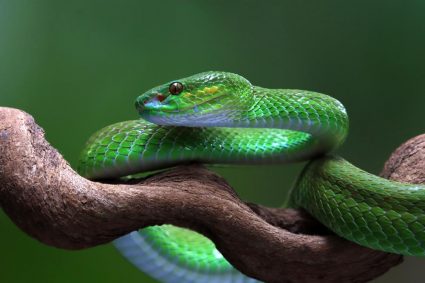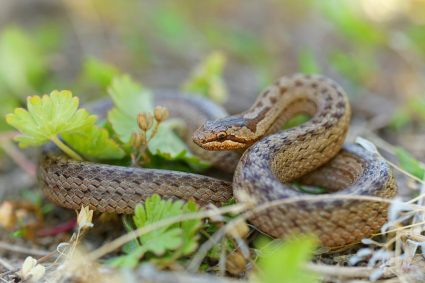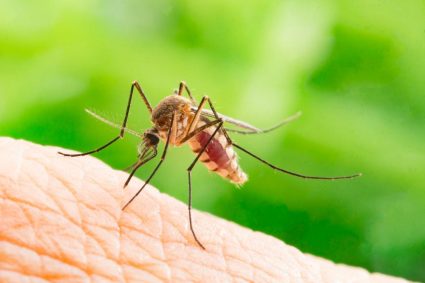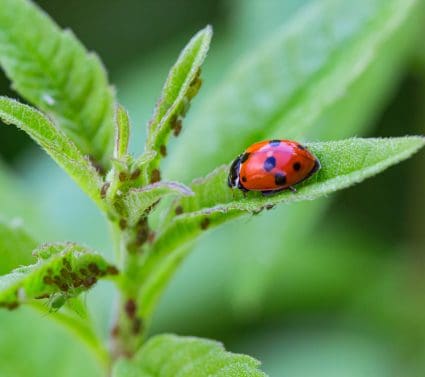
Pigeons, often known as “rats with wings,” are common city dwellers that have adapted remarkably well to urban environments. While they are generally harmless, their droppings can cause property damage and potential health risks, leading many people to seek ways to deter them. In this in-depth guide, we will explore what pigeons hate and how you can use this knowledge to keep them away from your property.
Pigeons dislike strong, pungent smells such as cinnamon, hot chili peppers, vinegar, peppermint essential oil, garlic, onions, and mothballs. They also fear their natural predators like falcons, sparrowhawks, owls, cats, and dogs. Physical deterrents like anti-bird spikes, bird netting, and bird gels, as well as visual and sonic deterrents, can be effective in keeping them away. Environmental factors like noise pollution and artificial light can also make an area less attractive to pigeons.
Strong and Pungent Smells
Pigeons have a strong sense of smell, which they utilize for navigation and locating food. Certain odors, however, are particularly repelling to them. These include:
- Cinnamon: This aromatic spice is not a favorite among pigeons and can be sprinkled around areas where they gather.
- Hot chili peppers: The strong smell of chili can deter pigeons. Consider using chili powder or a chili-based spray around your property.
- Vinegar: The pungent smell of vinegar can also deter pigeons. Apple cider vinegar is particularly effective.
- Peppermint essential oil: This oil can be an excellent natural pigeon repellent.
- Garlic and Onions: These pungent food items are not a favorite of pigeons and can be used as natural deterrents.
- Mothballs: Their strong scent can be used to keep pigeons away. However, use them with caution as they are toxic if ingested by children or pets.
Remember to apply these scents regularly to maintain their effectiveness.
Fear of Predators
Like any animal, pigeons have natural predators that they instinctively fear. These include larger, dominant birds like falcons, sparrowhawks, and owls. Even the presence of domestic pets like cats and dogs can scare pigeons away.
Physical Deterrents
Pigeons dislike certain physical barriers. Anti-bird spikes, parallel wires, bird netting, and bird gels can prevent them from landing or nesting in specific areas. Modifying the angle of ledges to 45 degrees or more can also discourage pigeons from roosting.
Visual and Sonic Deterrents
Visual deterrents, such as reflective tape, decoy kites, and hawk-like silhouettes, can scare pigeons away. Sonic emitters and propane cannons that produce loud noises can also be effective, although their effectiveness may be limited.
Environmental Factors
Noise pollution and artificial light can disrupt a pigeon’s comfort level. These factors can impact their health, development, growth, and reproductive success.
Misconceptions About Pigeons
Despite their reputation, pigeons are not dirty and do not spread diseases any more than other birds. They are also highly intelligent and come in a wide variety of colors and patterns. Pigeons are diverse, intelligent birds that have adapted well to living alongside humans and provide valuable ecosystem services.
Making Your Backyard Less Attractive to Pigeons
To deter pigeons from your backyard, you can remove food sources, install bird deterrents, use sound or visual deterrents, apply bird repellent gel, use natural repellents, or even consider falconry. Remember to use humane methods to deter pigeons and avoid causing harm to the birds.
In conclusion, understanding what pigeons dislike can help you keep them away from your property without causing them harm. By using a combination of scents, visual deterrents, and physical barriers, you can create an environment that is less attractive to pigeons, helping to deter them naturally.
Frequently Asked Questions
What other natural repellents can I use to deter pigeons?
Besides the ones mentioned in the article, other natural repellents that pigeons dislike include Eucalyptus oil and Cayenne pepper. These can be mixed with water and sprayed in areas where pigeons frequent.
Do pigeon deterrents harm other birds?
Most pigeon deterrents are not harmful to other birds. However, it’s important to choose deterrents that are non-toxic and safe for all wildlife.
How often should I reapply natural repellents like spices or essential oils?
The frequency of reapplication can depend on several factors such as weather conditions and the number of pigeons in your area. However, a general rule of thumb would be to reapply these natural repellents every week.
Can I use ultrasonic bird repellers to deter pigeons?
Yes, ultrasonic bird repellers can be used to deter pigeons. These devices emit high-frequency sounds that are unpleasant to birds but are not harmful.
What should I do if a pigeon nests on my property?
If a pigeon nests on your property, it’s best to contact a professional wildlife removal service. They can safely and humanely remove the nest and the birds, ensuring that no harm comes to them.









